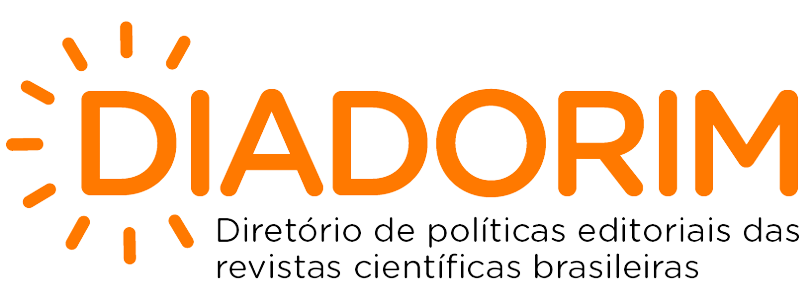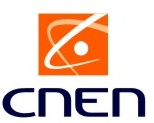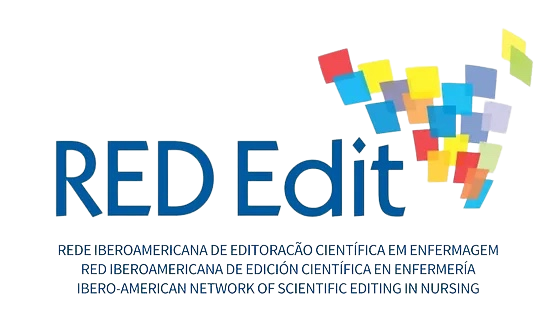Medical Waste: implications for the new coronavirus pandemic scenario
DOI:
https://doi.org/10.5433/anh.2020v2.id39760Keywords:
Medical Waste, Sustainability Development Indicators, Coronavirus Infections.Abstract
The new coronavirus pandemic directs us to focus on safe care of patients and healthcare professionals At the same time, it brings important challenges beyond health care, such as demand and consumption of hospital supplies that, after disposal, give rise to Medical Waste, regulated by RDC 222 18 of ANVISA Agência Nacional de Vigilância Sanitária Brazilian National Health Surveillance Agency) ANVISA classifies them into infectious, chemical, radioactive, common, and sharps waste Waste from services designed to treat this disease and those generated by suspected and confirmed patients must be classified as biological agents of risk class 3 and, at this moment, managed as infectious (A 1 and have appropriate treatment before final disposal New waste management practices and the position adopted by health institutions will affect all links in the health care chain The main objective of this editorial is to guide the definition of new waste management flows and procedures for hospitals.Downloads
Download data is not yet available.
References
Ministério da Saúde (BR). Agência Nacional de Vigilância Sanitária. Resolução RDC n. 222, de 29 de março de 2018. Dispõe sobre as boas práticas de gerenciamento dos resíduos de serviços de saúde e dá outras providências [Internet]. Brasília DF: Ministério da Saúde; 2018 [cited 2020 abr. 08]. Disponível em: http://portal.anvisa.gov.br/documents/10181/3427425/RDC_222_2018_.pdf/c5d3081d-b331-4626-8448-c9aa426ec410.
Associação Brasileira de Empresas de Limpeza Pública e Resíduos Especiais (ABRELPE). Recomendações para a gestão de resíduos sólidos durante a pandemia de coronavírus (covid-19). [Internet]. 2020 abr. 08]. Disponível em: http://www.abrelpe.org.br
World Health Organization. Safe management of wastes from health-care activities. Geneva: WHO; c2013. 308 p.
Ministério da Saúde (BR). Agência Nacional de Vigilância Sanitária. Nota técnica GVIMS/GGTES/ANVISA Nº 04/2020. Orientações para serviços de saúde: medidas de prevenção e controle que devem ser adotadas durante a assistência aos casos suspeitos ou confirmados de infecção pelo novo coronavírus (SARS-CoV-2). [Internet]. Brasília DF: Ministério da Saúde; 2020 [cited 2020 abr. 03]. Disponível em: http://portal.anvisa.gov.br/documents/33852/271858/Nota+T%C3%A9cnica+n+04-2020+GVIMS-GGTES-ANVISA/ab598660-3de4-4f14-8e6f-b9341c196b28.
Associação Brasileira de Empresas de Limpeza Pública e Resíduos Especiais (ABRELPE). Recomendações para a gestão de resíduos sólidos durante a pandemia de coronavírus (covid-19). [Internet]. 2020 abr. 08]. Disponível em: http://www.abrelpe.org.br
World Health Organization. Safe management of wastes from health-care activities. Geneva: WHO; c2013. 308 p.
Ministério da Saúde (BR). Agência Nacional de Vigilância Sanitária. Nota técnica GVIMS/GGTES/ANVISA Nº 04/2020. Orientações para serviços de saúde: medidas de prevenção e controle que devem ser adotadas durante a assistência aos casos suspeitos ou confirmados de infecção pelo novo coronavírus (SARS-CoV-2). [Internet]. Brasília DF: Ministério da Saúde; 2020 [cited 2020 abr. 03]. Disponível em: http://portal.anvisa.gov.br/documents/33852/271858/Nota+T%C3%A9cnica+n+04-2020+GVIMS-GGTES-ANVISA/ab598660-3de4-4f14-8e6f-b9341c196b28.
Downloads
Published
2020-08-26
How to Cite
Negrão Guassú Nogueira, D., Aligleri, L., & Sampaio, C. P. (2020). Medical Waste: implications for the new coronavirus pandemic scenario. Advances in Nursing and Health, 2. https://doi.org/10.5433/anh.2020v2.id39760
Issue
Section
Editorial
License
Copyright (c) 2020 Advances in Nursing and Health

This work is licensed under a Creative Commons Attribution 4.0 International License.
All or the content of the newspaper is licensed under a Creative Commons Attribution License, of the CC-BY attribution type.
This license allows third parties to remix, adapt and create from the published work, attributing or due credit for authorship and initial publication in this journal.


















